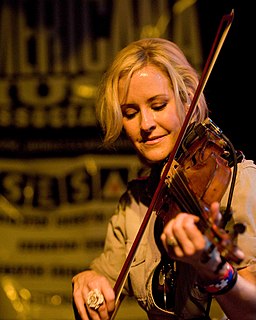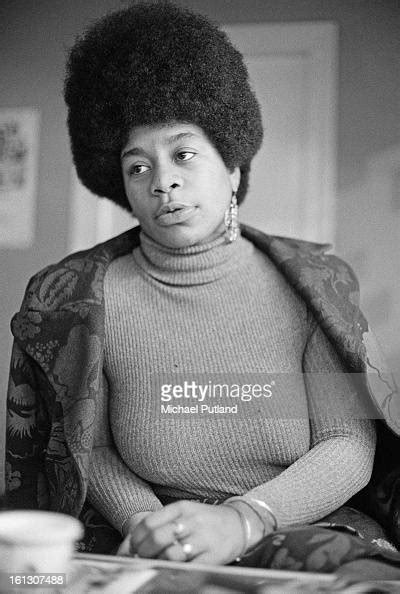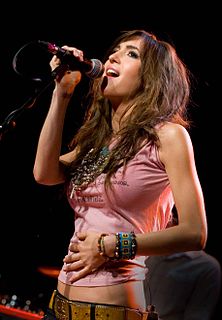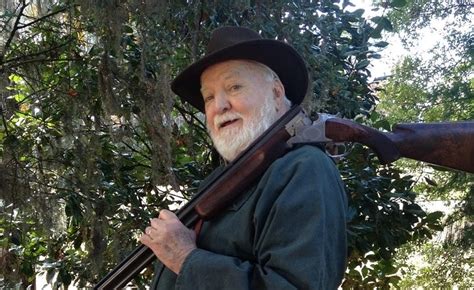A Quote by Martie Maguire
While we were promoting 'Wide Open Spaces,' we set aside time to write. We went on several writing retreats where nobody could get hold of us. It was the only way we could take a step back and reflect and write and be living a semi-normal life for a while.
Related Quotes
I write like anyone involved with a family and a full time job: in stolen moments. I've had to adapt because I have so little writing time, so I write while dinner bubbles on the stove, and get away to cafes when I can. It is good to have a small laptop to haul around. I wish I could admit to bizarre writing habits, you know, like "I can only write in the presence of my favorite pet elephant, who is my fount of inspiration," but the truth, alas, is far more mundane.
My advice to young writers would be to write every day, even if it is only a few words. Get yourself on the habit of writing and it will become a lifelong one. And find a place to write where you are physically comfortable. You can't concentrate if you aren't. Ernest Hemingway could only write standing up, and Truman Capote could only write lying down!
I never wanted to write about Bulgaria. When I was still living there I did my absolute best to never write a story with a Bulgarian character with a Bulgarian name, and only after I came to the US and I was far away and missing it a great deal did I realize that writing about could be my way of returning back home. I think it was only through my writing that I fell in love with the country and with the history.
I have a notebook that I take with me everywhere. I free-write in it when there are situations that I know I can write a song about. I will just start writing everything that I can think of while trying to write some things that are kind of poetic or sound like they could be in a song. Then, after the music is written, I go back and look at my subjects to see which one I think woud go with what music. Then, I formulate it into a melody and get the song.
We need to write because so many of our stories are not being heard. Where could they be heard in this era of fear and media monopolies? Writing allows us to transform what has happened to us and to fight back against what's hurting us. While not everyone is an author, everyone is a writer and I think that the process of writing is deeply spiritual and liberatory.
I write because I have an innate need to. I write because I can't do normal work. I write because I want to read books like the ones I write. I write because I am angry at everyone. I write because I love sitting in a room all day writing. I write because I can partake of real life only by changing it.
This fear is one of the horrors of an author's life. Where does work come from? What chance, what small episode will start the chain of creation? I once wrote a story about a writer who could not write anymore, and my friend Tennessee Williams said, 'How could you dare write that story, it's the most frightening work I have ever read.' I was pretty well sunk while I was writing it.
I think it just has to do with getting older and getting better at what it was I was doing, and that I could take something small and kind of take my time with it. I think actually what that has to do with is I quit drinking. Before that I told myself I could only drink if I was - if I was writing, I had to be drinking. So I was on a timer, because eventually you get too drunk to write.




































